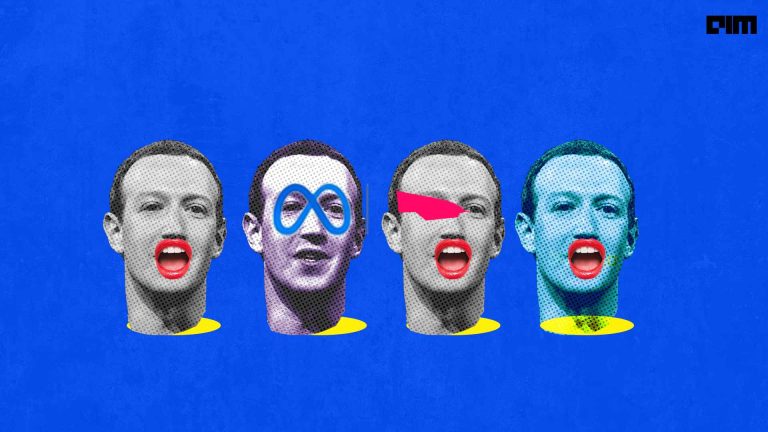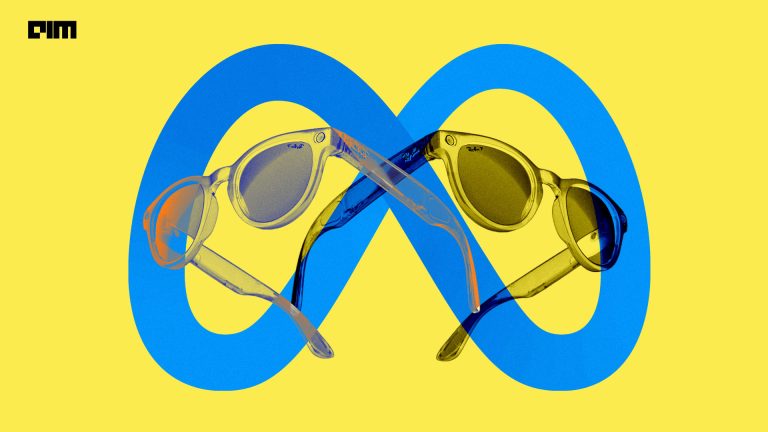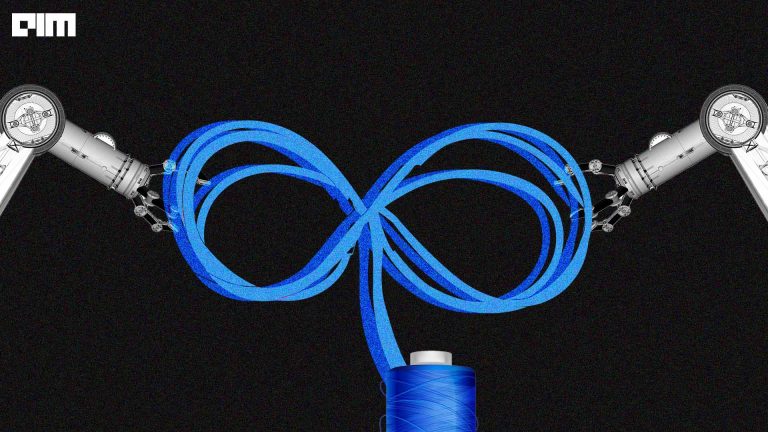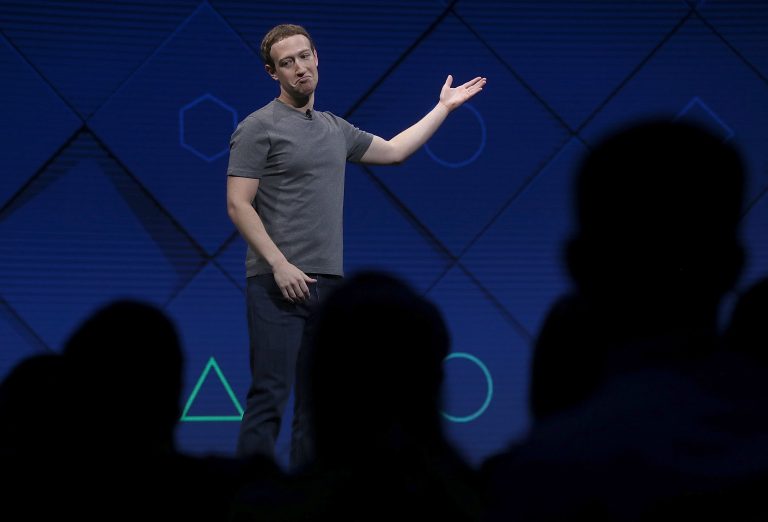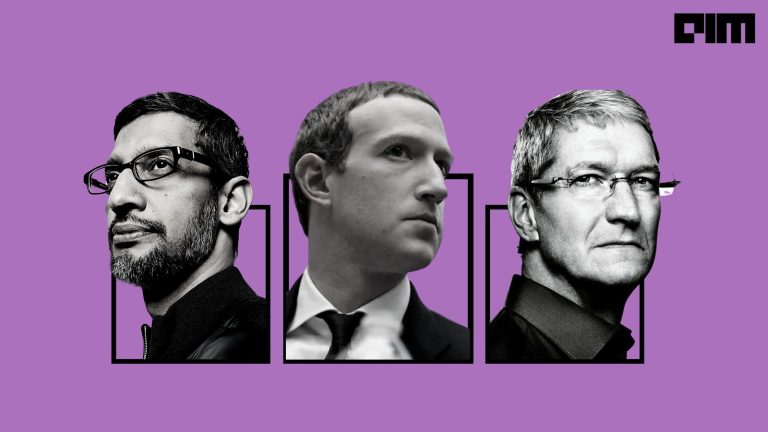Over the past few years, governments and other private organisations have been adopting several policies in order to mitigate the issues of child abuse and other graphical issues. It has now become a serious concern around the globe. Several tier-I organisations like IBM and Facebook, among others, have stepped forward to curb these issues and make the internet users feel safer.
Facebook has been working in this regard for a few years now and has been open sourcing a number of its projects, in order to help to overcome the shortcomings while investigating or mitigating the child abuse cases.
Recently, Facebook announced that the company is open-sourcing two technologies during the child safety hackathon which will help in detecting the graphical abusive contents, child exploitation, terrorist propaganda and other such threats. These technologies work in a method such that they will store the files in the form of short digital hashes and later comparing them with other instances in order to determine whether the files are identical and nearly identical images as well as videos to fight abuse on the internet platforms.
Behind The Technologies
The technologies known as PDQ and TMK+PDQF are syntactic hashers and are part of a suite of tools that Facebook use to detect harmful contents. PDQ is a photo matching algorithm which is inspired from pHash and TMK+PDQF is a video matching technology which was developed by Facebook’s Artificial Intelligence Research team and academics from the University of Modena and Reggio Emilia in Italy.
As mentioned above that the files will be stored as short digital hashes, the reasons for the files to be stored as hashes because hashes have high-throughput and can be shared more easily with other companies and non-profit organisations. These hashers excel in finding media which are shared with minimum adversariality.
PDQ is for a Perpetual hasher, a spectral hashing algorithm which uses a Discrete Cosine Transform and one of its outputs is a Quality metric. It is a photo-hashing algorithm where the hashes are 256 bits with hamming distance. This technology is relatively fast and runs at approximately the same speed as disk reads. This technique is effective at matching visually similar images as well as separating dissimilar images. It is mainly designed for lightly modified images which are non-adversarial and while producing hashes of images, PDQ can compute the hash of a rotated or flipped photo.
TMK+PDQF runs at a very high multiple of video playback speeds depending on the storage density. TMK is for Temporal Match Kernel which is a video-similarity-detection-algorithm and produces fixed-length length video hashes on the order of 256 kilobytes. It can detect visually identical videos regardless of frame rates, pixel resolution, etc. The purpose of TMK+PDQF is to communicate the results of more powerful semantic-matching algorithms.
Outlook
Every year India celebrates the National Child Abuse Prevention Month in April whereas the bitterness is, according to reports, it is been ranked as the topmost country to face child abuse. The two technologies are open-sourced on GitHub with a motive that the industry partners, tech companies, smaller developers and other non-profit organisations can use them to easily identify abusive contents and share hashes or digital fingerprints of different types of harmful and abusive contents.
These technologies will also work as an add-on layer of defence who are already using their own content matching technology. Facebook further tied their hands with The University of Maryland, Cornell University, Massachusetts Institute of Technology, and The University of California, Berkeley to research new techniques to detect intentional adversarial manipulations of videos and photos to circumvent our systems.





